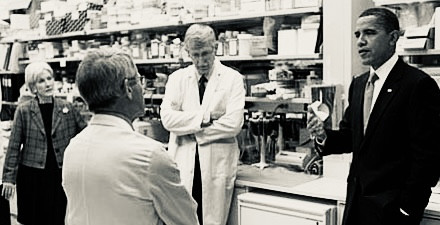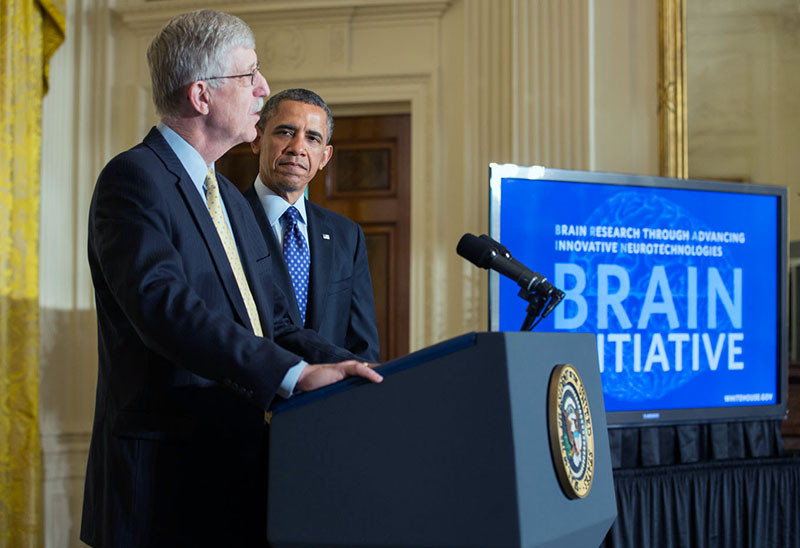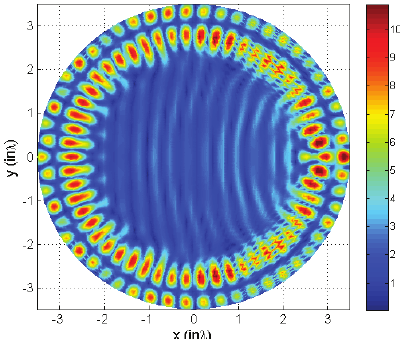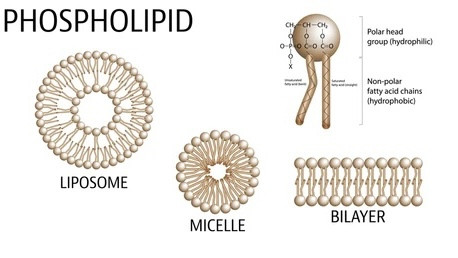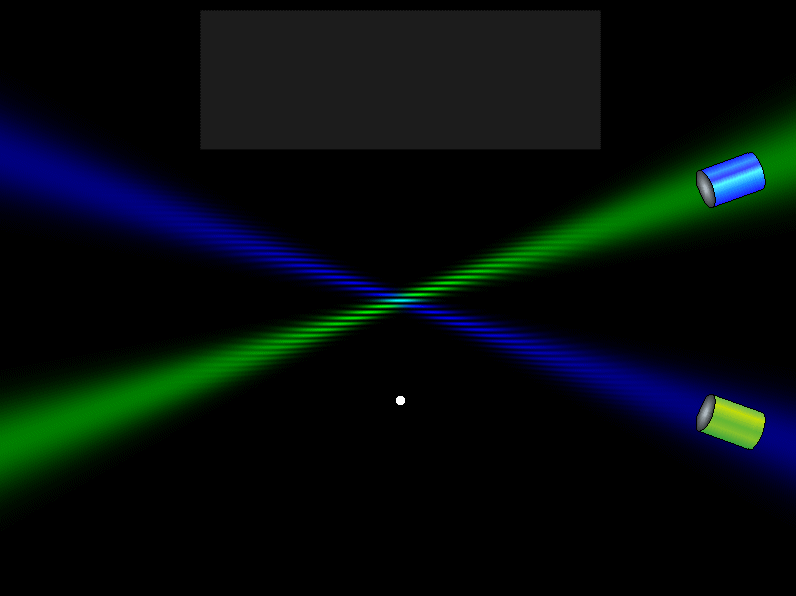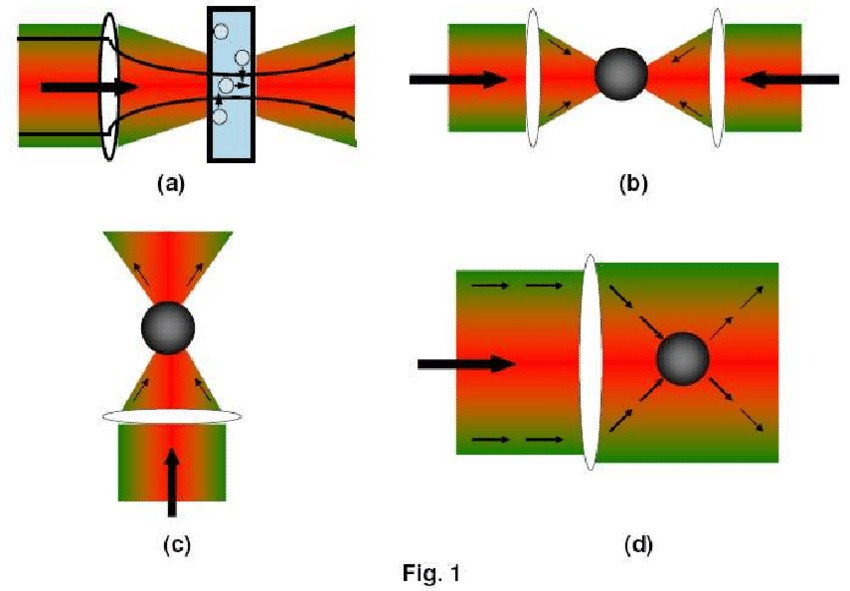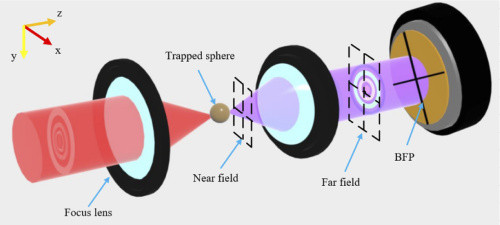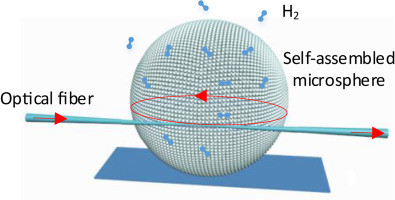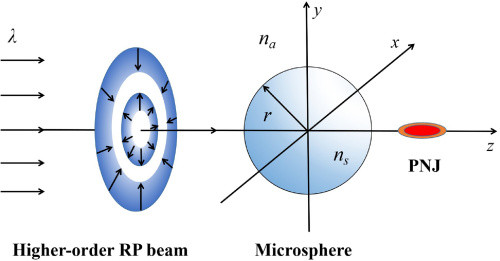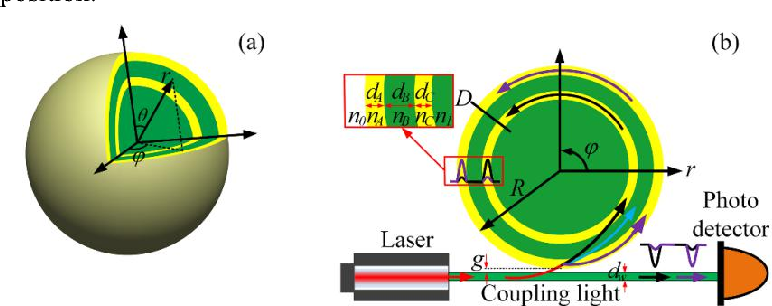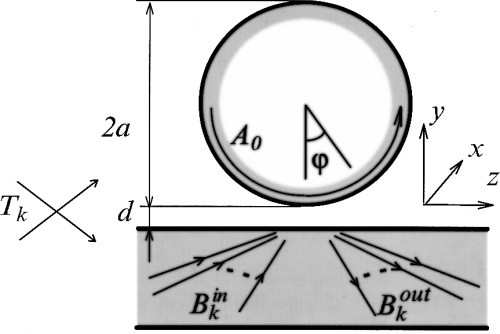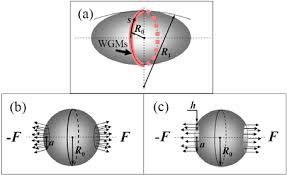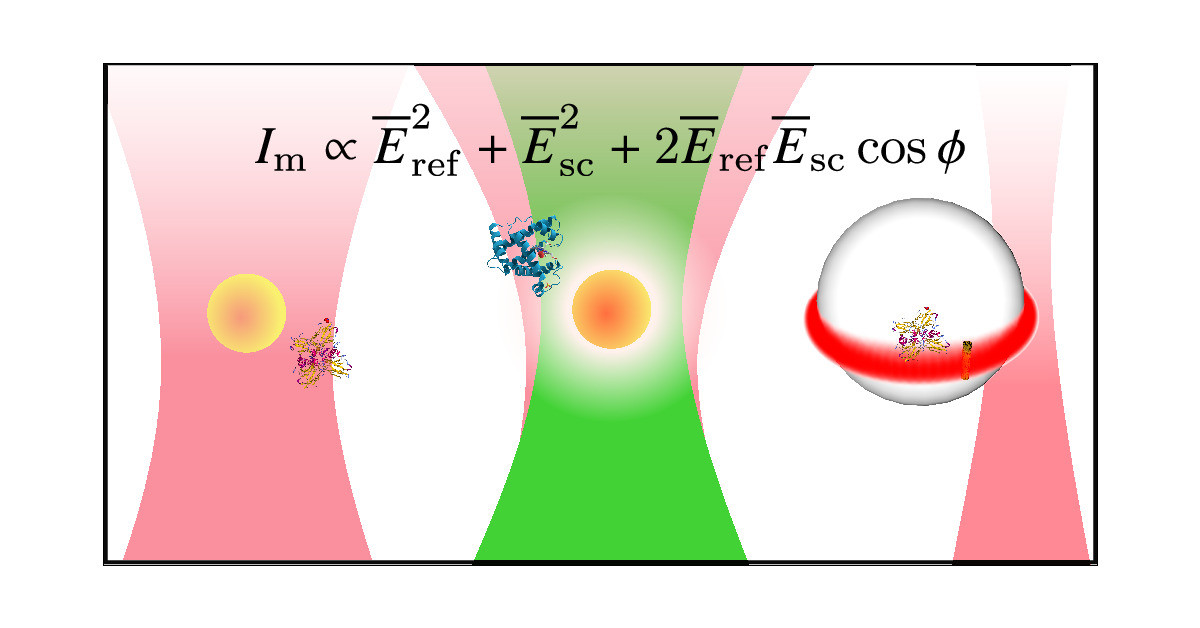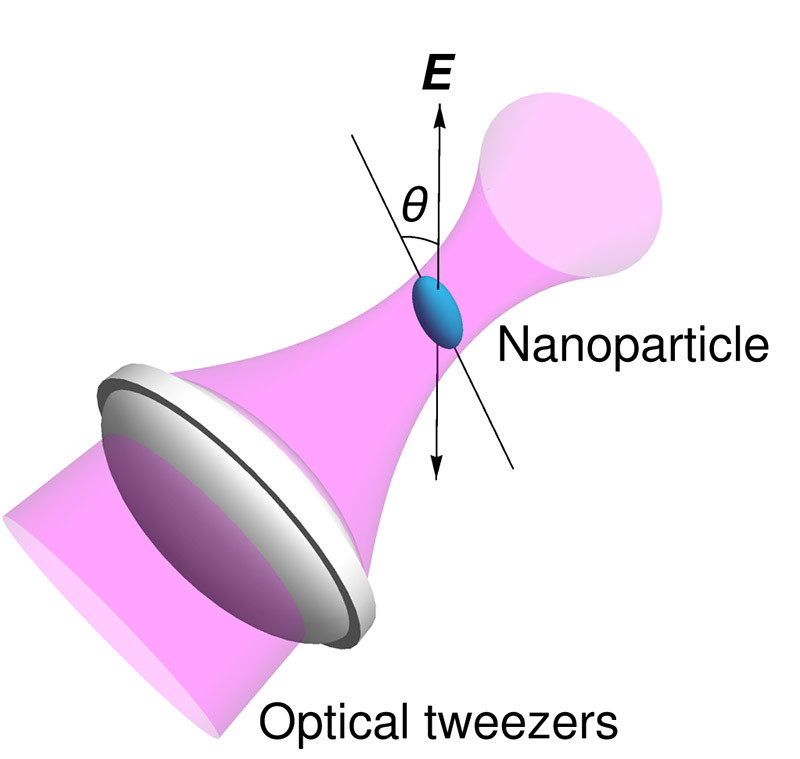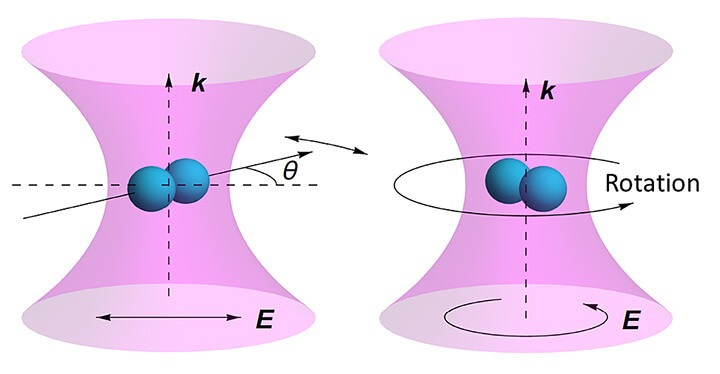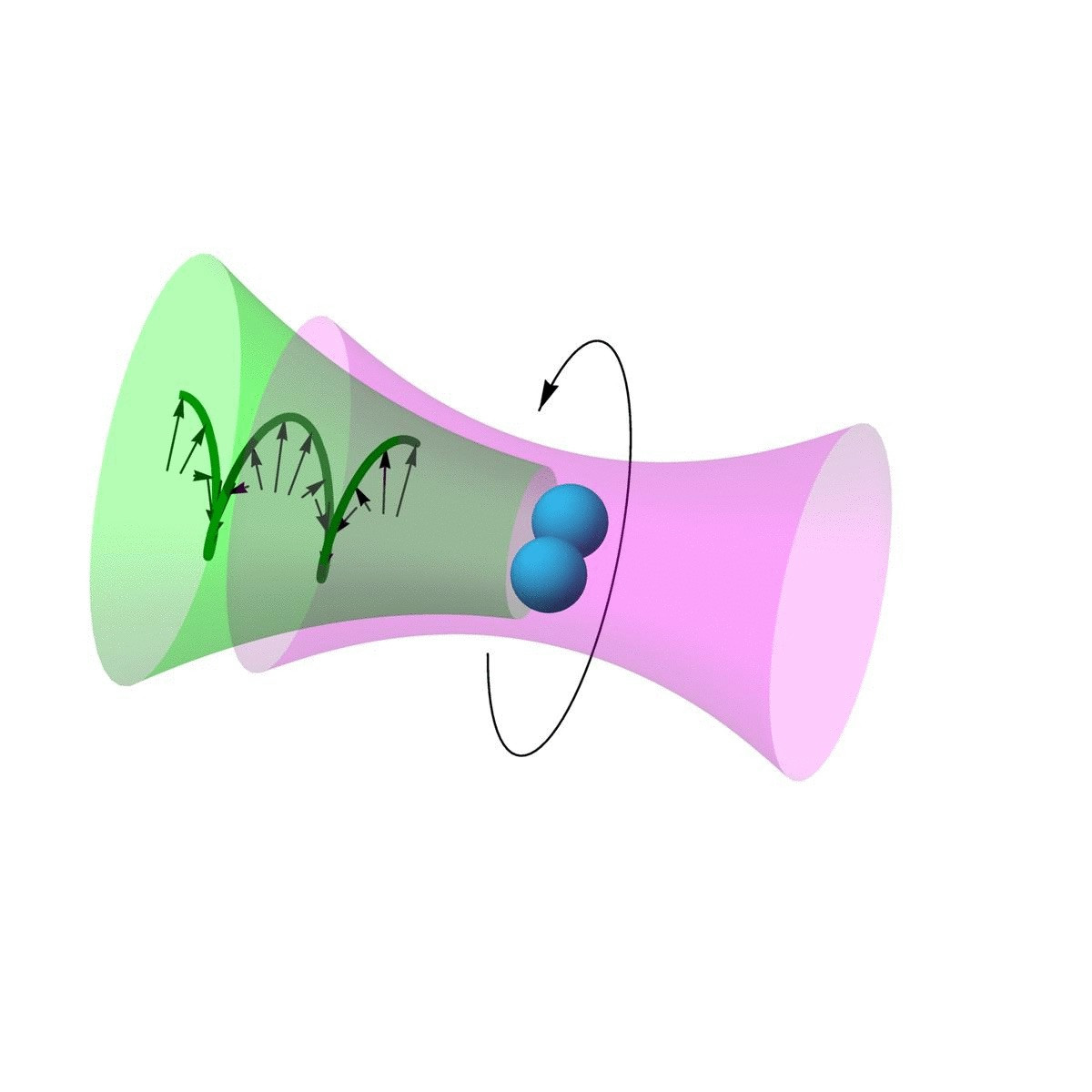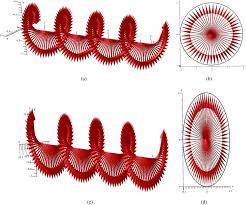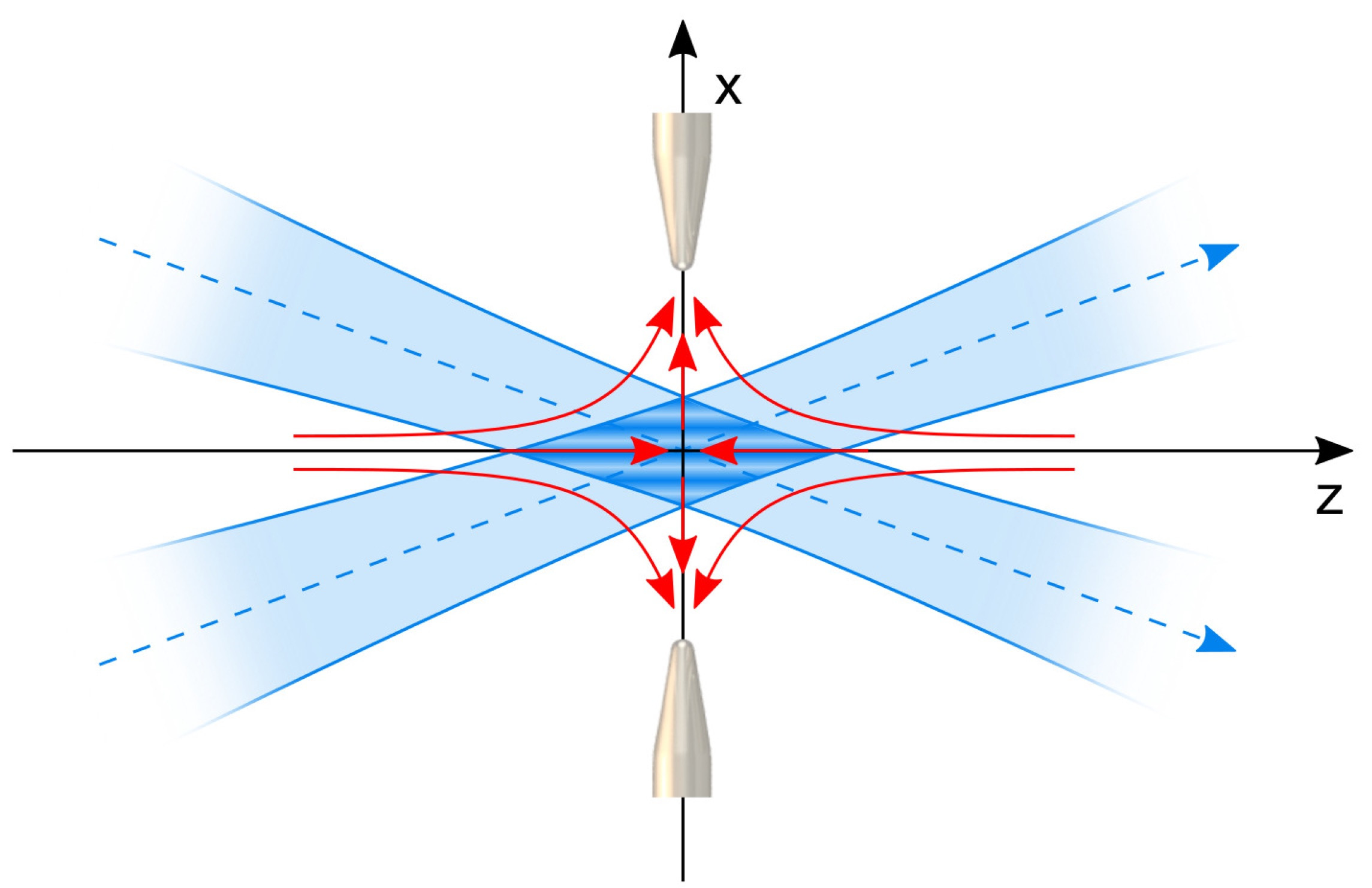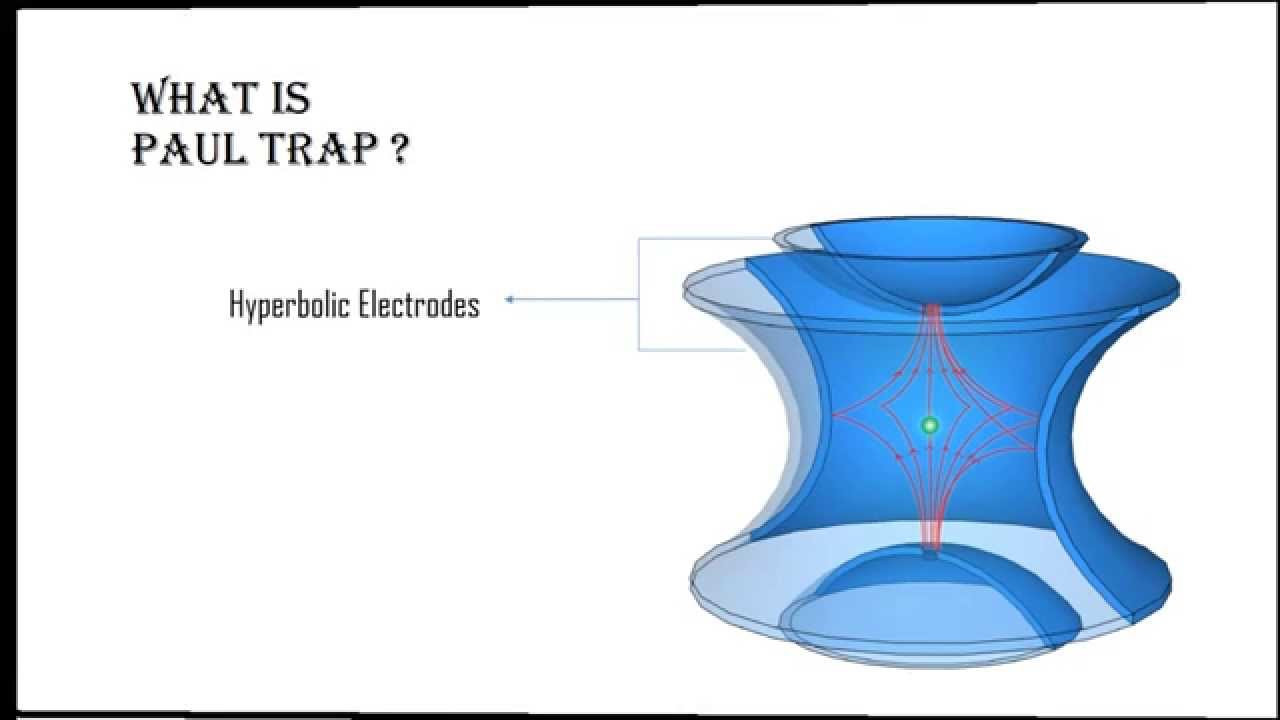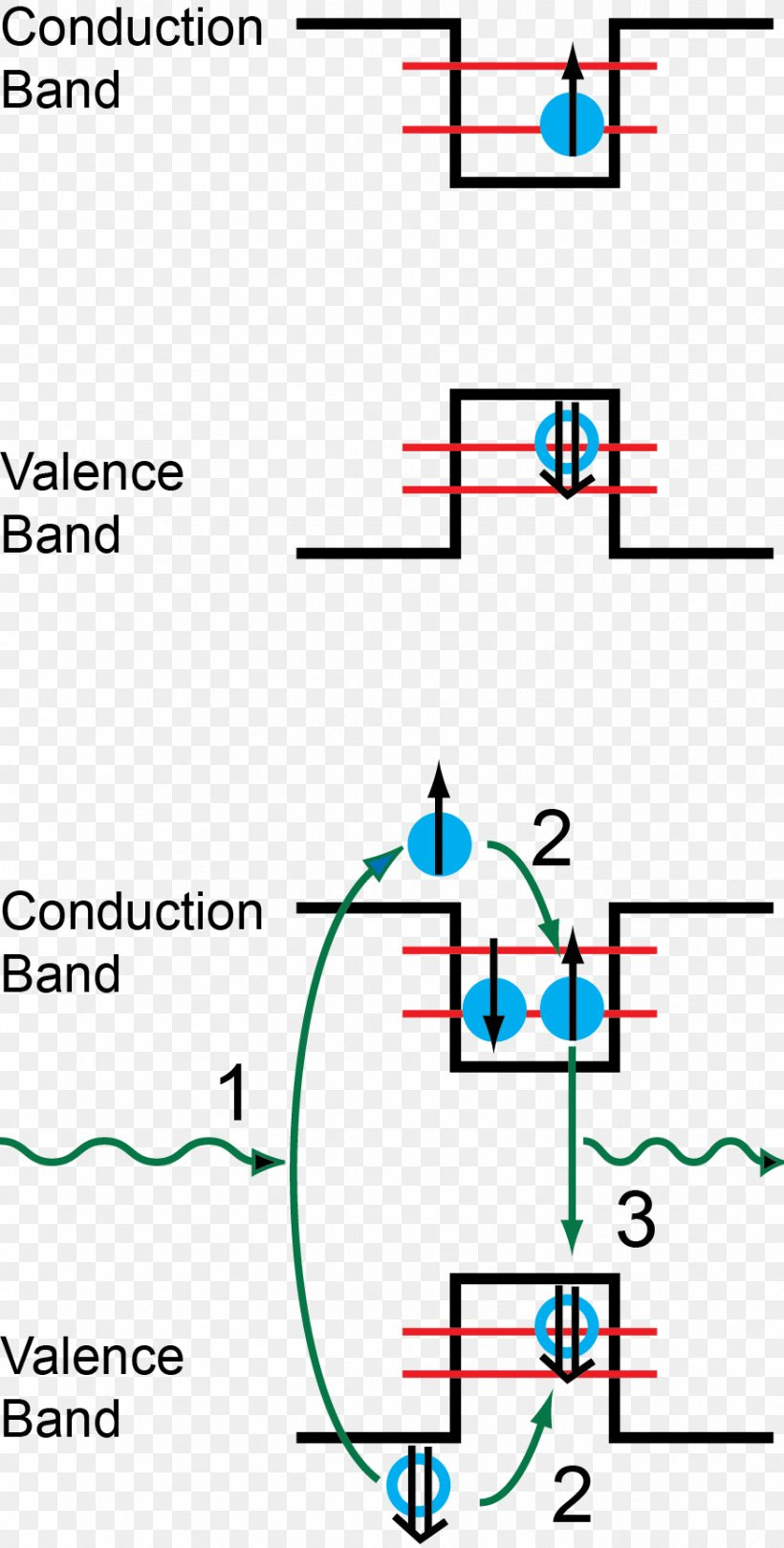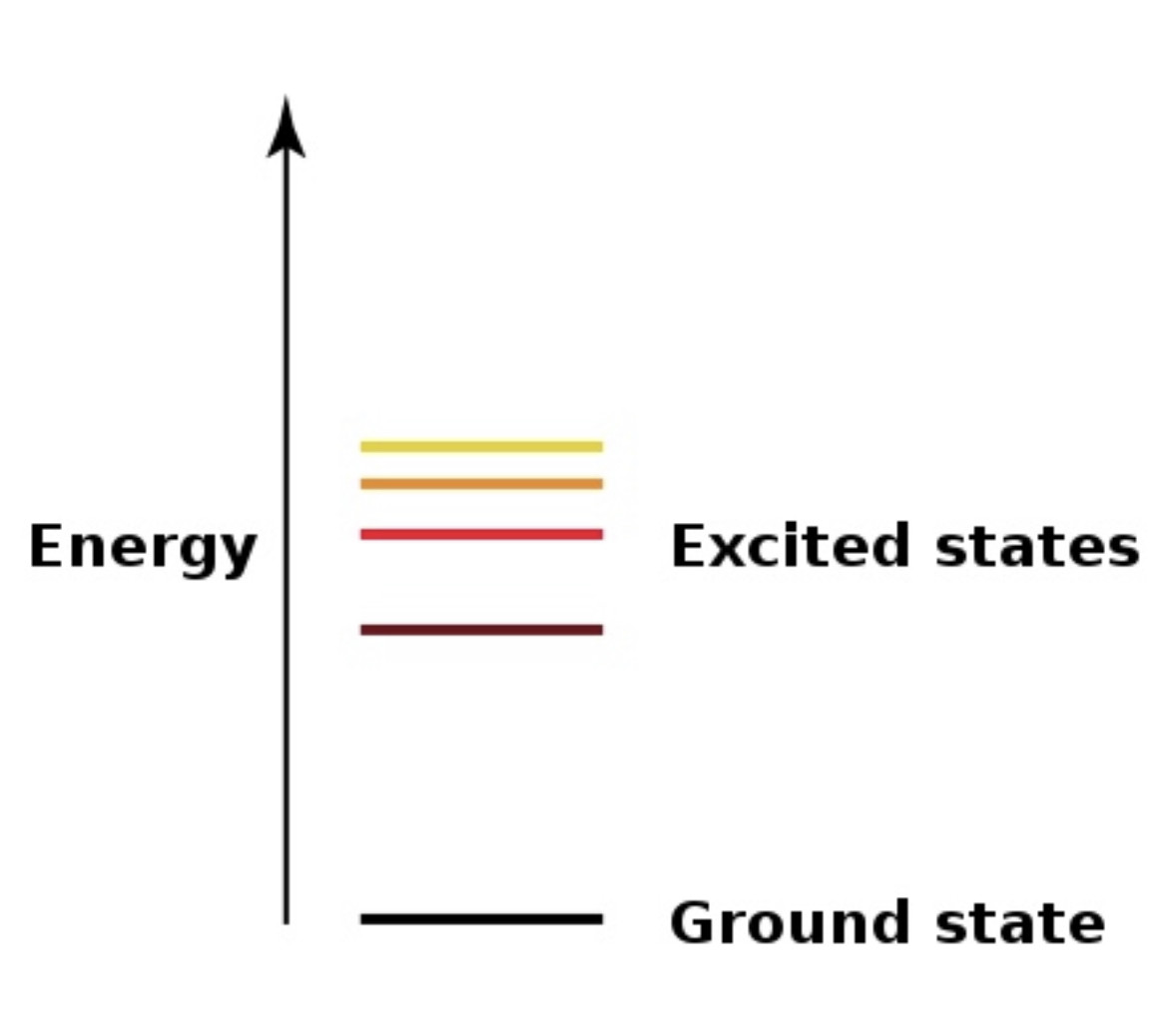I trust only the ones I love. I'm a verbal assassin, a #SaveOurChildren sniper. I spread God, Truth and Love. I'M NOT HERE FOR FOLLOWERS..
Demons on display.
#BlessUp Macdaddy!
I trust only the ones I love. I'm a verbal assassin, a #SaveOurChildren sniper. I spread God, Truth and Love. I'M NOT HERE FOR FOLLOWERS..
Now that's an oxymoron image....politicians and "brain initiative" do they even have brains?
rim (third-person singular simple present rims, present participle rimming, simple past and past participle rimmed)
(transitive) To form a rim on.
(transitive) To follow the contours, possibly creating a circuit.
Palm trees rim the beach.
A walking path rims the island.
(transitive or intransitive, of a ball) To roll around a rim.
The golf ball rimmed the cup.
The basketball rimmed in and out.
From Middle English rim, rym, ryme, reme, from Old English rēoma (“membrane, ligament”), from Proto-West Germanic *reumō.
Noun
rim (plural rims)
(UK dialectal) A membrane.
transbilayer (not comparable)
Across or through a bilayer.
see through
1.
not be deceived by someone or something; detect the true nature of someone or something.
"he can see through her lies and deceptions"
not be deceived by
not be taken in by
be wise to
get/have the measure of
read like a book
fathom
penetrate
realize
understand
not fall for
have someone's number
know someone's (little) game
transparency
/tranˈsparənsi,trɑːnˈsparənsi/
noun
1.
the quality of allowing light to pass through so that objects behind can be distinctly seen.
"Get thee behind me, Satan"
Microlens arrays are most often used to increase light collection efficiency of charge-coupled device arrays. They collect and focus light that would have otherwise fallen onto non-sensitive areas of the CCD. Microlens arrays are also commonly used in digital projectors, where they are used to focus light.
mid 16th century (in projection (sense 6)): from Latin projectio(n- ), from proicere ‘throw forth’
The Dicke model is a fundamental model of quantum optics, which describes the interaction between light and matter.
Missing my frens! Waiting for the plan to unfold!
Sorry Mac! For a second there I thought it was gonna be Hunter’s laptop nickname! 🤷🏼♀️
😉
Hunter’s use traps.
Trap the Hunter?
Ion traps (March, 1997), also referred to as quadrupole ion traps, trap and store ions in an orbital motion within the ion trap and eject ions for detection. Storage is performed by collecting ions in a potential energy well, and ejection provides energy for ions to escape the potential energy well.
A quantum mechanical system or particle that is bound—that is, confined spatially—can only take on certain discrete values of energy, called energy levels. This contrasts with classical particles, which can have any amount of energy. The term is commonly used for the energy levels of the electrons in atoms, ions, or molecules, which are bound by the electric field of the nucleus, but can also refer to energy levels of nuclei or vibrational or rotational energy levels in molecules. The energy spectrum of a system with such discrete energy levels is said to be quantized.
If an atom, ion, or molecule is at the lowest possible energy level, it and its electrons are said to be in the ground state. If it is at a higher energy level, it is said to be excited, or any electrons that have higher energy than the ground state are excited.
Middle English (in the sense ‘incite someone to do something’): from Old French exciter or Latin excitare, frequentative of exciere ‘call out or forth’. excite (sense 1) dates from the mid 19th century.
excited (comparative more excited, superlative most excited)
Having great enthusiasm. quotations
Synonym: enthusiastic
He was very excited about his promotion.
(physics) Being in a state of higher energy.
The excited electrons give off light when they drop to a lower energy state.
The Empire State Building was once the world's tallest erection.
Borrowed from Latin ērectiō, ērectiōnis, noun of action from perfect passive participle ērectus, from verb erigō, from prefix ē- (“out of”) + regō, + action suffix -iō.
From Middle French énergie, from Late Latin energia, from Ancient Greek ἐνέργεια (enérgeia, “activity”), from ἐνεργός (energós, “active”), from ἐν (en, “in”) + ἔργον (érgon, “work”). The sense in physics was coined by Thomas Young in 1802 in his lectures on Natural Philosophy.

